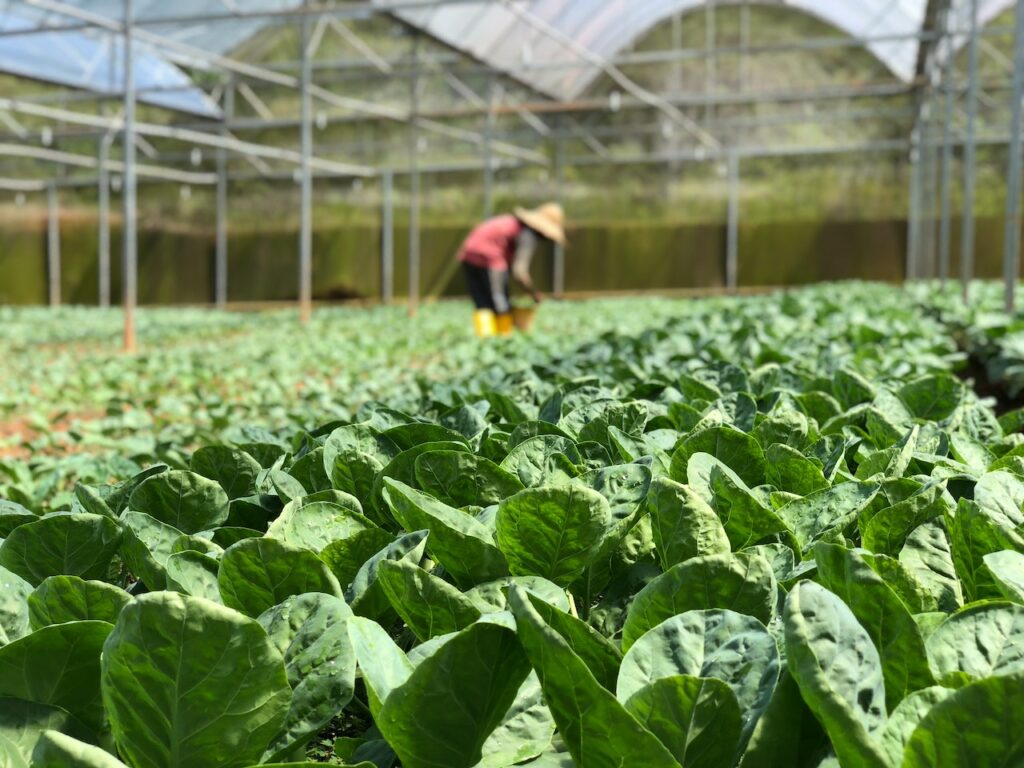Start Saving Water and Maintaining a Healthy Garden with this System
Picture a lush green garden bathed in the warm glow of the sun, brimming with vibrant flowers and thriving plants. Now imagine that this picturesque garden is achieved without wasting precious water resources. This is the power of smart irrigation systems, an innovative approach to gardening that not only conserves water but also ensures the health and vitality of your plants.
The Need for Water Conservation
Before we dive into the specifics of smart irrigation systems, it is crucial to understand the importance of conserving water. Water scarcity is a pressing global issue, and in many regions, water resources are depleting at an alarming rate. By implementing smart irrigation systems, we can make a significant difference in preserving this precious resource for future generations.
How Smart Irrigation Systems Work
Smart irrigation systems employ cutting-edge technology to ensure that plants receive the right amount of water at the right time. These systems utilize sensors, weather data, and sophisticated algorithms to determine the exact watering needs of your garden. By analyzing factors such as soil moisture, temperature, humidity, and even evapotranspiration rates, smart irrigation systems can create tailored watering schedules that optimize water usage and promote plant health.
Benefits of Smart Irrigation Systems
Water Conservation
One of the primary advantages of smart irrigation systems is their ability to conserve water. Traditional irrigation methods often lead to overwatering, which not only wastes water but also harms plants by promoting root rot and other diseases. Smart irrigation systems prevent such water wastage by delivering precise amounts of water based on real-time data.
Time and Effort Savings
Gone are the days of manual watering and adjusting sprinklers. Smart irrigation systems automate the watering process, saving you valuable time and effort. With these systems in place, you can relax and enjoy your garden while knowing that it is being cared for efficiently.
Plant Health and Growth
Smart irrigation systems promote the overall health and growth of plants. By providing the right amount of water at the right time, these systems prevent under or over-watering, minimizing stress on the plants and ensuring optimal growth conditions. Additionally, smart systems can adjust watering schedules based on seasonal variations, further enhancing plant health.
Cost Efficiency
While the initial investment in a smart irrigation system may seem significant, it pays off in the long run. By reducing water wastage and minimizing plant diseases, smart systems lead to lower water bills and decreased expenses for fertilizers or pesticides, making them a cost-effective choice for gardeners.

Types of Smart Irrigation Systems
Soil Moisture-based Systems
These systems use soil moisture sensors to measure the water content in the soil. By monitoring moisture levels, the system can determine when irrigation is necessary and adjust watering accordingly. This type of system is ideal for optimizing water usage and preventing overwatering.
Weather-based Systems
Weather-based smart irrigation systems utilize real-time weather data to adjust watering schedules. By considering factors such as rainfall, temperature, and humidity, these systems can adapt irrigation plans accordingly. This ensures that plants receive adequate water without wasting resources during periods of rain or high humidity.
Evapotranspiration-based Systems
Evapotranspiration is the combined process of water evaporation from the soil and plant transpiration. Evapotranspiration-based smart irrigation systems calculate the water loss due to evapotranspiration and replenish it accordingly. By accounting for plant water needs and environmental factors, these systems maintain optimal soil moisture levels.
Implementing a Smart Irrigation System
System Components
A typical smart irrigation system consists of various components, including sensors, controllers, valves, and actuators. Sensors monitor environmental conditions, controllers process data and execute commands, valves control water flow, and actuators adjust sprinkler heads or drip emitters.
Installation and Maintenance
Installing a smart irrigation system requires careful planning and professional assistance. Experts can assess your garden’s needs, design an appropriate system, and install it efficiently. Regular maintenance is also essential to ensure optimal performance, including sensor calibration, software updates, and periodic inspections.
The Future of Smart Irrigation Systems
As technology continues to evolve, smart irrigation systems are expected to become even more advanced and sophisticated. Integration with Internet of Things (IoT) devices, advanced data analytics, and remote monitoring capabilities are just a few possibilities on the horizon. These advancements will further optimize water usage, improve plant health, and simplify the management of gardens, making smart irrigation systems an integral part of sustainable gardening practices.
Conclusion
Smart irrigation systems are not just a trendy innovation; they are a necessity in our quest to conserve water and maintain healthy gardens. By harnessing the power of technology and data, these systems ensure efficient water usage, promote plant health and save time and effort for gardeners. Embracing smart irrigation systems today means investing in a greener and more sustainable future for our gardens and the planet as a whole. Let us take the plunge and let technology work its magic in our gardens, one drop at a time.
